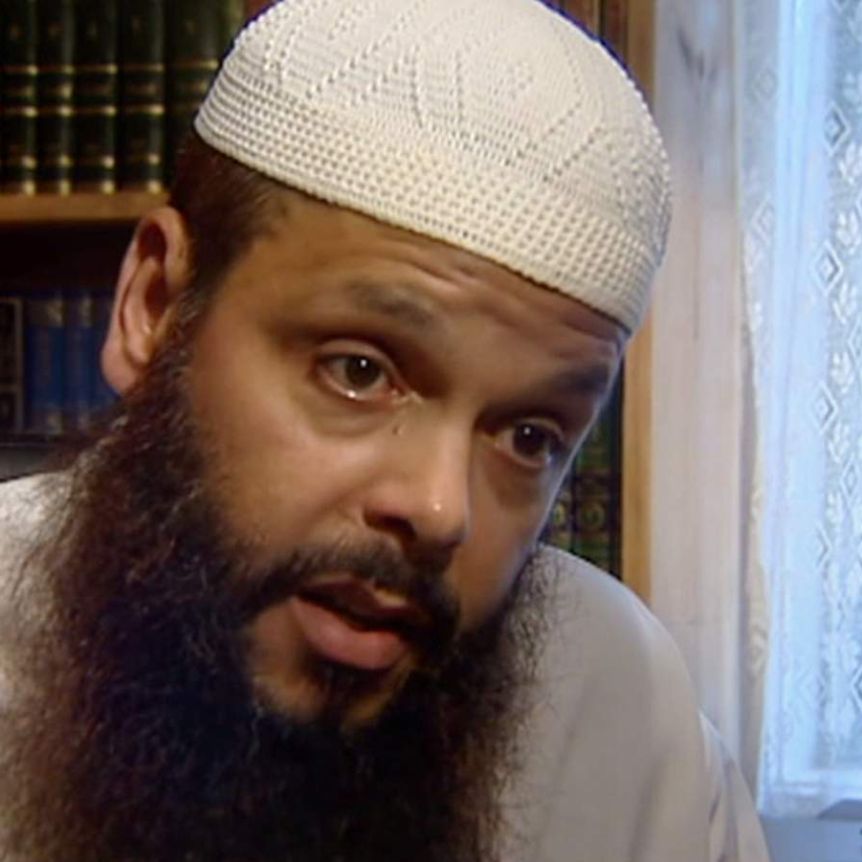Following the reported Israeli strike in Beirut that led to the death of Saleh al-Arouri, Hamas’ deputy leader, Ismail Haniyeh, the head of the Gaza-based group, delivered a resolute message, vowing that such actions would not weaken their cause. In a televised address from the Qatari capital of Doha, Haniyeh emphasized that the sacrifices made by their leaders and founders only serve to bolster their determination, highlighting the resilience ingrained within the movement.
Al-Arouri, a long-wanted figure by Israel and perceived as a central orchestrator of West Bank terrorism for Hamas, was reportedly targeted and killed in a drone strike in the Beirut suburb of Dahiyeh, an area considered a stronghold of Hezbollah, according to officials from Hamas and the Lebanese group. Hamas condemned the operation as a “cowardly assassination” orchestrated by the “Zionist enemy,” attributing it to a barbaric aggression and a heinous crime.
While Israeli officials refrained from commenting on the incident, unnamed U.S. sources indicated Israeli responsibility to The New York Times and The Washington Post. Prime Minister Benjamin Netanyahu’s foreign media spokesman, Mark Regev, attempted to delineate the strike as specifically targeting Hamas officials during an interview, possibly to dissuade a broader retaliation from Hezbollah.
However, Hezbollah vehemently denounced the strike, vowing retaliation and asserting preparedness for a response. They framed the alleged Israeli strike as a severe encroachment on Lebanon’s security and sovereignty, denouncing it as a dangerous escalation in the ongoing conflict between the enemy (Israel) and the “axis of resistance.” Hezbollah accused Israel of resorting to assassination tactics against those linked to the recent Hamas-led attacks, echoing concerns raised by the alleged Israeli assassination of Razi Moisavi, a senior officer in Iran’s Islamic Revolutionary Guard Corps, in Syria.
In the aftermath of the assassination, Hezbollah claimed responsibility for a series of ten separate attacks on northern Israel, launching missiles and drones at army positions along the border. Some of these attacks resulted in projectiles hitting Israeli communities, with reports of injuries to soldiers near the Lebanon border. Amid these escalating tensions, Israel’s Defense Forces Spokesman, Rear Adm. Daniel Hagari, emphasized the military’s readiness for any scenario, prioritizing the focus on countering Hamas.
The situation drew condemnation from various quarters, with Lebanon’s caretaker Prime Minister Najib Mikati denouncing the killing as a “new Israeli crime,” accusing Jerusalem of seeking to instigate heightened confrontations. Iran’s Foreign Ministry condemned the act, anticipating it to fuel resistance against the “Zionist occupiers” not only in Palestine but across the region.
The recent events have raised concerns about an escalation in the regional conflict, especially between Israel and Hezbollah. With Hezbollah leader Hassan Nasrallah’s previous vows to retaliate against Israeli targeting of Palestinian officials in Lebanon, the situation remains volatile, raising fears of a potential large-scale conflict on the northern border.
The skirmishes along the border since the beginning of Israel’s military campaign in Gaza have resulted in casualties and heightened tensions, with sporadic clashes and exchanges of fire between Hezbollah and the Israeli military. Despite these conflicts, there have been attempts to prevent a significant escalation, though the current situation remains precarious and unpredictable.











